Search
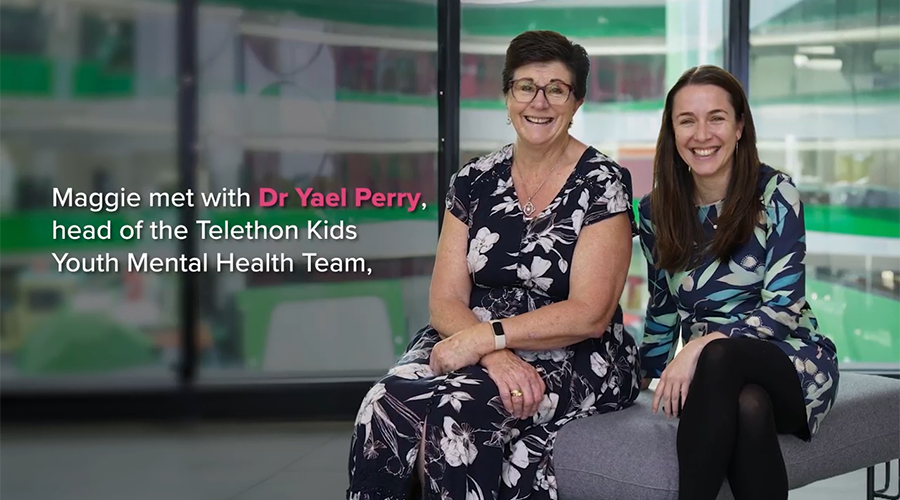
News & Events
Maggie Dent visits The Kids Research Institute Australia as part of research for new bookWe were delighted to have Australia’s best-known parenting author, Maggie Dent, back at The Kids Research Institute Australia this week, to talk about the mental health of our teenagers.

News & Events
Meet Embrace's new Co-DirectorEmbrace has appointed Professor of Clinical Psychology Jeneva Ohan as its new Co-Director alongside Professor Helen Milroy AM.
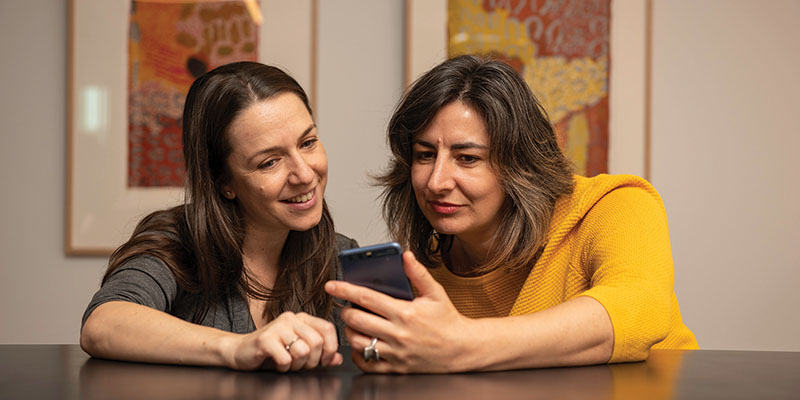
News & Events
Game aims to alleviate depression for trans youthA digital game adapted by researchers is set to deliver engaging, accessible help to prevent depression for trans and gender diverse young people.
Research
Understanding children and families' hospital experiences to reduce stress and support wellbeingOur research focuses on identifying practical ways to provide trauma-informed care for children and families visiting the hospital.
Research
Parental Accounts of Infant Retrieval ProjectOur aim is to improve the emergency transfer of very ill babies by the NETS WA team such that it better supports parents and enhances infants’ recovery and long-term outcomes.
Research
An Aboriginal and Torres Strait Islander parenting programThe aim of this project is to develop and implement a culturally safe, responsive and trauma-informed parenting program for Aboriginal and Torres Strait Islander families.
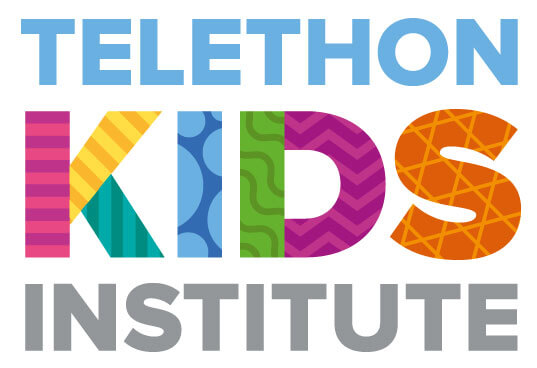
At The Kids, our vision is simple - happy healthy kids. Our goal is to make a real difference in our community to benefit children and families everywhere. Our values underpin the way we work and make decisions: collaboration, courage, evidence, respect.
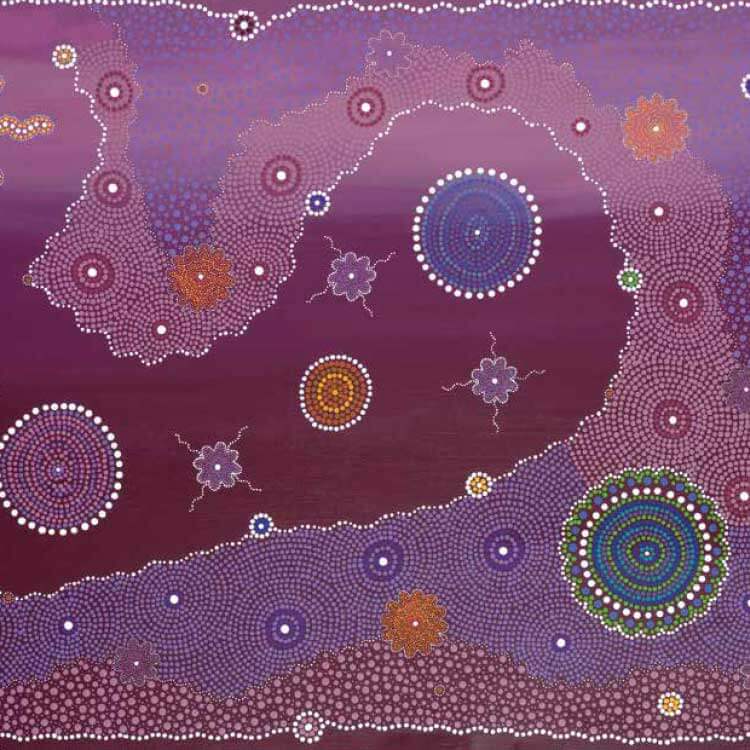
Research
Working Together Second EditionThis 2nd edition is intended for staff and students and all health practitioners working in areas that support Indigenous mental health and wellbeing.

Research Theme
First Nations Health and EquityAboriginal health is everyone's business. The needs of Aboriginal and Torres Strait Islander families and kids is integrated into all relevant areas of our work. Improving the health and wellbeing of Aboriginal and Torres Strait Islander kids and families is an overarching priority for every team at The Kids.
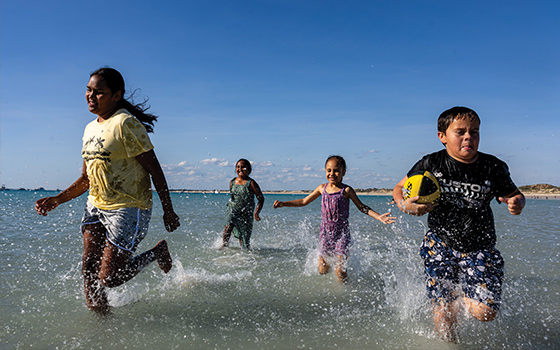
WAACHS was the largest and most comprehensive survey ever undertaken into the health, wellbeing & development of WA Aboriginal and Torres Strait Islander kids
